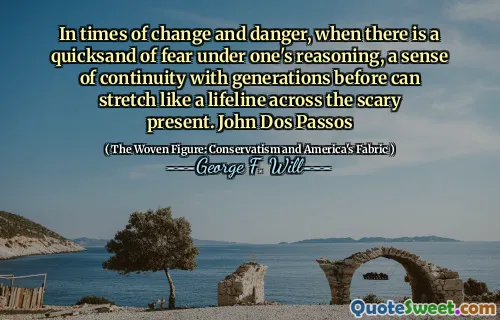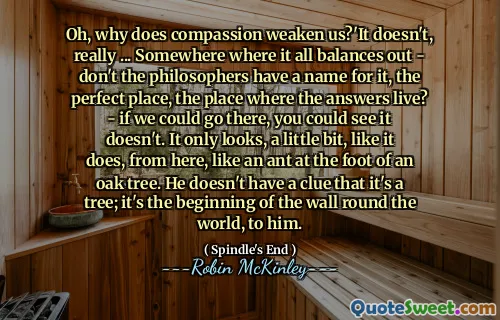For several years, while I searched for, found, and studied black women writers, I deliberately shut O'Connor out, feeling almost ashamed that she had reached me first. And yet, even when I no longer read her, I missed her, and realized that though the rest of America might not mind, having endured it so long, I would never be satisfied with a segregated literature. I would have to read Zora Hurston and Flannery O'Connor, Nella Larsen and Carson McCullers, Jean Toomer and William Faulkner, before I could begin to feel well read at all.
In her reflections, Alice Walker discusses her journey of discovering black women writers while grappling with her initial reluctance to engage with white author Flannery O'Connor. She felt a mix of admiration and shame that O'Connor's work resonated with her before she fully immersed herself in the voices of black female authors. This inner conflict highlights her desire to embrace a diverse literary landscape that includes all writers, regardless of race.
Walker emphasizes the importance of inclusivity in literature, asserting that true fulfillment as a reader can only come from engaging with a broad range of voices. For her, a "segregated literature" was insufficient, and she recognized the need to appreciate a rich tapestry of narratives, which includes both black and white authors. This realization shaped her understanding of literary culture and her quest for a more comprehensive reading experience.




